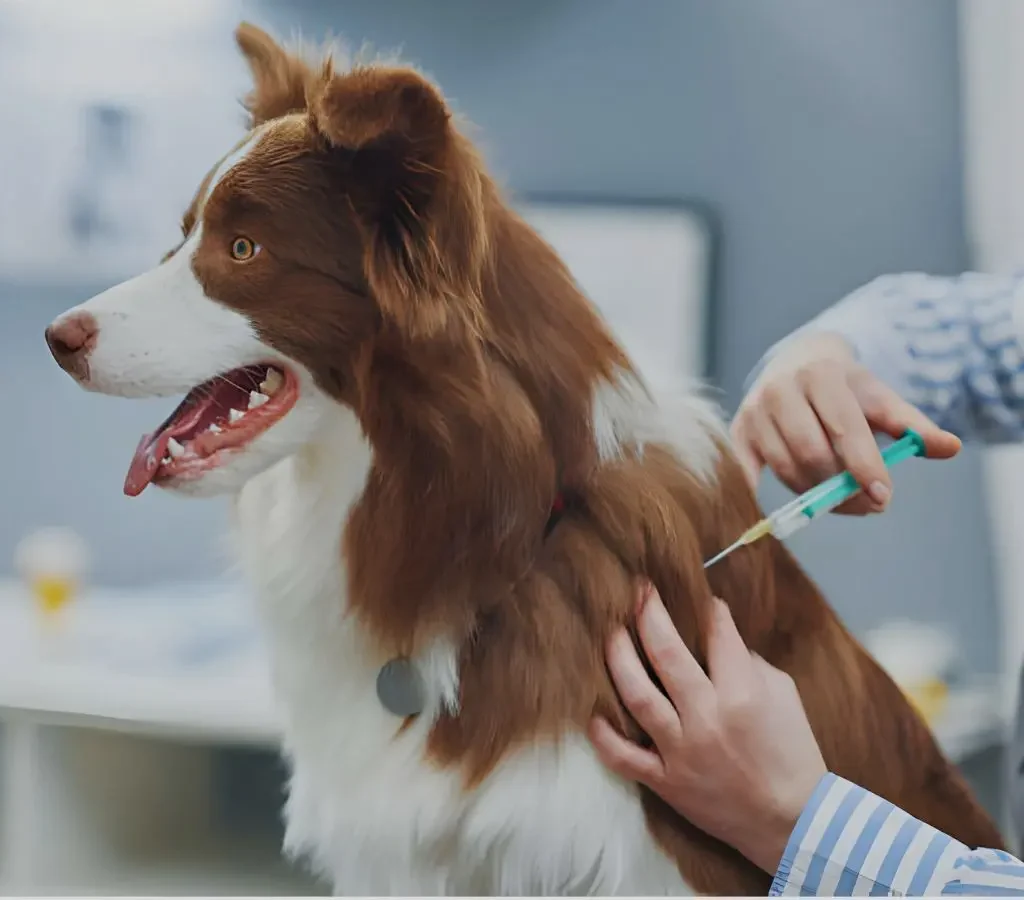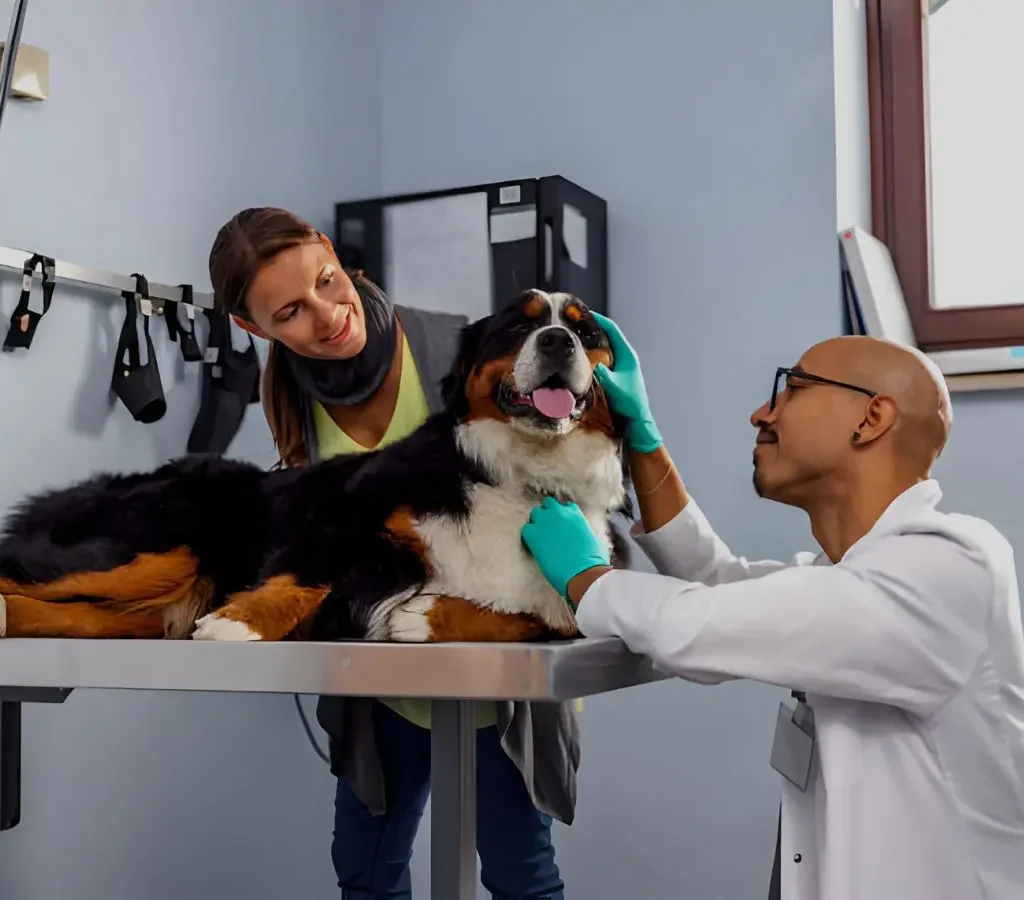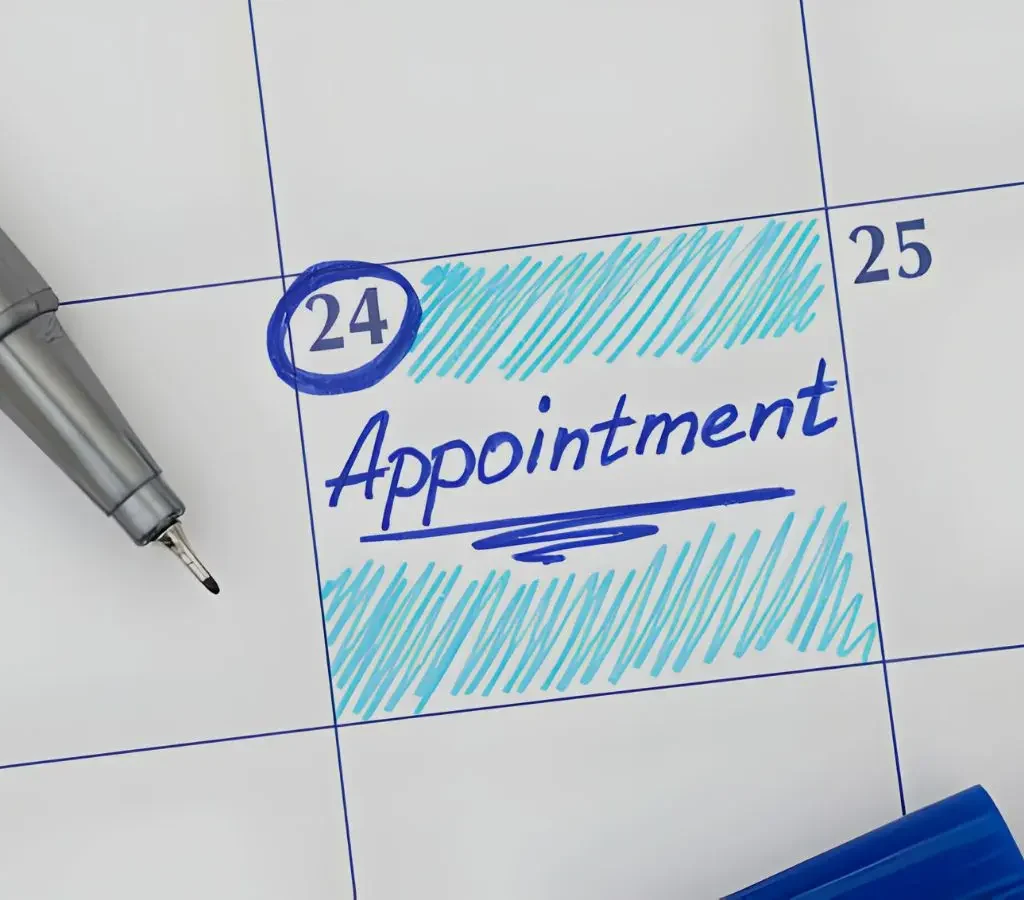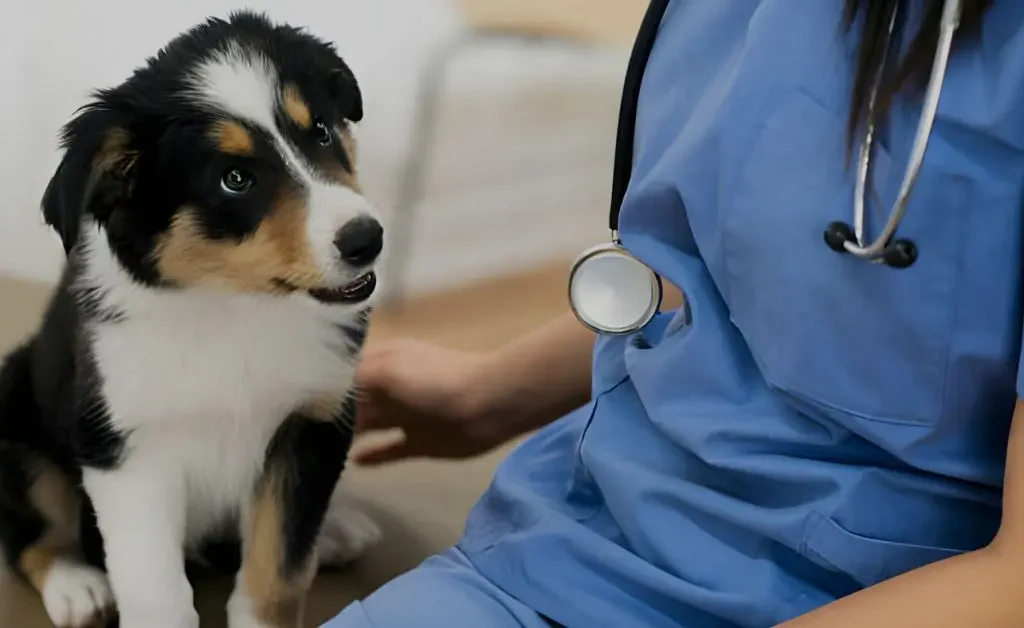Welcome to our guide on ensuring successful dog vet visits! We understand the importance of regular veterinary care for our furry friends. In this article, we’ll share essential tips to make vet visits stress-free and beneficial.
We know dog vet visits can be daunting, but with the right approach, we can make them positive experiences. Our goal is to provide practical strategies to ease any stress, ensuring a smoother experience for both you and your pet.
From preparing your dog for the visit to following up on vet recommendations, we’ll cover everything you need for successful vet appointments. So, if you’re ready to make your dog’s vet visits enjoyable, let’s dive into our six best tips!
Table of Contents
Schedule Regular Check-ups
When it comes to keeping your furry friend healthy and happy, scheduling regular check-ups with the vet is a must. These visits, also known as dog vet visits, play a crucial role in maintaining your dog’s well-being and catching any potential health issues early on. Here’s why scheduling regular check-ups is essential:
Frequency of Dog Vet Visits:
Veterinarians typically recommend annual check-ups for adult dogs, while puppies may need more frequent visits during their first year. These visits allow the vet to monitor your dog’s health and address any concerns before they escalate.
Importance of Preventive Care:
Regular dog vet visits are key to preventive care, which focuses on keeping your dog healthy and preventing illnesses before they occur. Preventive measures such as vaccinations, parasite control, and dental care can significantly improve your dog’s quality of life and longevity.
Suggested Vaccination Timeline:

For puppies, vaccinations are an essential part of preventive care. Your vet will create a vaccination schedule tailored to your puppy’s specific needs, ensuring they receives the necessary immunizations at the right time. Booster shots may be required to maintain immunity against certain diseases.
Role of Routine Examinations:
Routine examinations during dog vet visits are crucial for early disease detection. Your vet will perform a thorough physical examination, checking your dog’s weight, coat condition, dental health, and more. Early detection of health issues allows for timely intervention and better treatment outcomes.
By scheduling regular check-ups for your furry friend, you’re taking proactive steps to ensure their health and well-being. These dog vet visits not only provide peace of mind but also contribute to a long and fulfilling life for your beloved companion. So, don’t wait – make that appointment with your vet today!
Prepare Your Dog for the Visit
Getting your dog ready for a vet visit can make a world of difference in their experience. Here are some tips to help you prepare your furry friend for their dog vet visits:
Reduce Stress and Anxiety:
Before heading to the vet, try to keep your dog calm and relaxed. You can do this by taking them for a walk or engaging in some playtime to burn off excess energy. Additionally, consider using calming aids such as pheromone sprays or calming treats to help ease any anxiety.
Create Positive Associations:
Make the vet clinic a positive place for your dog by associating it with treats, toys, and praise. Take your dog for short visits to the clinic without any procedures being done, so they become familiar with the environment and see it as a friendly place.
Desensitization Techniques:
Practice handling common procedures at home to desensitize your dog to them. For example, gently touch their ears and paws to simulate an examination, gradually increasing the duration and intensity over time. This helps your dog become more comfortable with these procedures when done at the vet.
Focus on Proper Restraint:
Proper restraint is essential for both your dog’s safety and the vet’s ability to perform examinations and procedures effectively. Practice using a leash and collar or harness to ensure your dog remains calm and cooperative during their vet visit. Additionally, teaching your dog basic obedience commands like “sit” and “stay” can help with restraint.
By preparing your dog for their vet visit and implementing these strategies, you can help reduce its stress and anxiety, making the experience more comfortable and positive for both you and your furry friend. So, take the time to prepare your dog before their next vet appointment – they’ll thank you for it!
Maintain Records and Communicate Effectively
Ensuring successful dog vet visits involves more than just showing up at the clinic. Here’s how you can maintain records and communicate effectively to make the most out of your visits:
Organize Medical Records:
Keep your dog’s medical records and vaccination history using a Pet Care Record Book organized and readily accessible. This makes it easier for both you and the vet to track your dog’s health and ensure they receive the appropriate care.
Communicate Changes in Behavior:
Dogs can’t talk, so it’s up to you to communicate any changes in their behavior or health to the vet. Whether it’s a sudden decrease in appetite, unusual lethargy, or any other concerning symptoms, don’t hesitate to bring it up during your vet visit.
Effective Communication:
During appointments, strive for clear and effective communication with the veterinarian. Be specific about your dog’s symptoms, how long they’ve been occurring, and any potential triggers or changes in routine. This information helps the vet make an accurate diagnosis and develop an appropriate treatment plan.
Discuss Concerns and Ask Questions:

Don’t be afraid to discuss any concerns or ask questions about your pet’s health during the dog vet visits. Whether it’s about preventive care, nutrition, or treatment options, the vet is there to help address your concerns and provide guidance.
By maintaining organized records, communicating changes in behavior, practicing effective communication with the vet, and discussing concerns or asking questions, you can ensure that your dog receives the best possible care during dog vet visits. So, don’t hesitate to be proactive and engaged in your dog’s healthcare – it’s all part of being a responsible pet owner!
Ensure Safe Transportation
Making sure your dog arrives safely at the vet clinic is essential for successful dog vet visits. Here’s how you can ensure safe transportation for your furry friend:
Choose Appropriate Carriers or Restraints:
Select a suitable carrier or restraint system that provides comfort and security for your dog during transit. For smaller dogs, a sturdy carrier or travel crate is ideal, while larger dogs may require a harness or seat belt attachment to secure them in the car.
Acclimate Your Dog to Car Rides:
Help your dog become comfortable with car rides and travel crates by gradually introducing them to these experiences. Start with short trips around the block and gradually increase the duration and distance over time. Offer treats and praise to create positive associations with car rides.
Secure Dogs During Transit:
Ensure your dog is securely restrained during transit to prevent accidents and injuries. Use a harness, seat belt attachment, dog car seat, or travel crate to keep your dog safely confined and prevent them from roaming around the car while you’re driving.
Address Motion Sickness and Anxiety:
Some dogs may experience motion sickness or anxiety during car rides. If your dog shows signs of distress, such as drooling, panting, or vomiting, consult your vet for advice on managing the motion sickness. Additionally, consider using calming aids or desensitization techniques to help alleviate anxiety during travel.
By choosing appropriate carriers or restraints, acclimating your dog to car rides, securing them during transit, and addressing motion sickness and anxiety, you can ensure safe and stress-free transportation to the vet clinic. Remember, your dog’s safety and comfort are top priorities, so take the necessary steps to make their journey to the vet as smooth as possible.
>>>Related Post: 7 Effective Ways to Stop a Dog from Chewing Everything
Follow Up and Follow Through Dog Vet Visits
Once you’ve completed your dog vet visits, your job as a responsible pet owner isn’t quite done yet. Here’s how you can follow up and follow through to ensure the best care for your furry friend:
Importance of Following Through
It’s crucial to follow through with the vet’s recommendations and treatment plans to ensure your dog’s continued health and well-being. Whether it’s administering medication, implementing dietary changes, or following specific care instructions, sticking to the plan is essential for optimal outcomes.
Schedule Follow-Up Appointments:

For ongoing conditions or treatments, it’s important to schedule follow-up appointments as recommended by the vet. These appointments allow the vet to monitor your dog’s progress, adjust treatment plans if necessary, and address any new concerns that may arise.
Implement Preventive Measures:
Take proactive steps to implement preventive measures recommended by the vet, such as parasite control and dental care. Regularly administering flea and tick preventatives and scheduling dental cleanings can help prevent common health issues and keep your dog in top shape.
Recognize Signs of Urgency
Be vigilant and recognize signs that warrant immediate veterinary attention between regular dog vet visits. Symptoms such as difficulty breathing, severe vomiting or diarrhea, sudden lethargy, or significant changes in behavior should not be ignored and require prompt evaluation by a vet.
By following through with vet recommendations, scheduling follow-up appointments, implementing preventive measures, and recognizing signs of urgency, you can ensure that your dog receives the comprehensive care they need to stay happy and healthy. So, don’t forget to stay proactive and engaged in your dog’s health care – they’ll thank you for it!
>>> Check out the 4 Effective ways to Communicate when Your Dog Ignores Commands
Conclusion
As dog owners, ensuring successful dog vet visits for our furry friends is essential for their overall health and well-being. Let’s recap the six essential tips that every pet owner should know:
As we conclude, I want to encourage all dog owners to prioritize their pets’ health through regular veterinary care. By staying proactive and engaged in your dog’s healthcare, you can help ensure they lead a happy and healthy life. Remember, your furry friend relies on you to be their advocate and caretaker, so let’s continue to give them the best care possible. Here’s to many more successful vet visits and many more years of cherished companionship with our beloved dogs!

